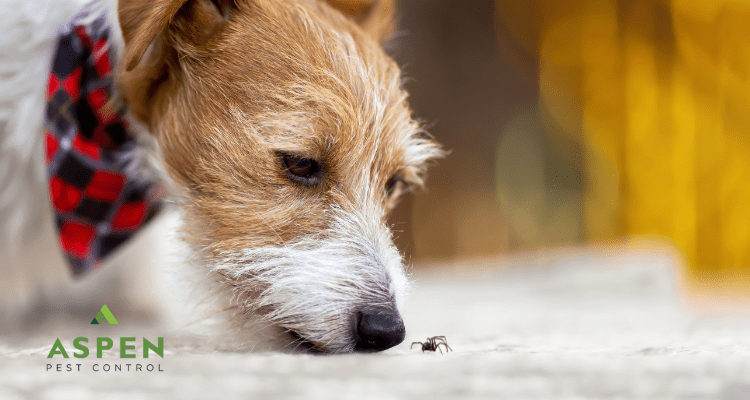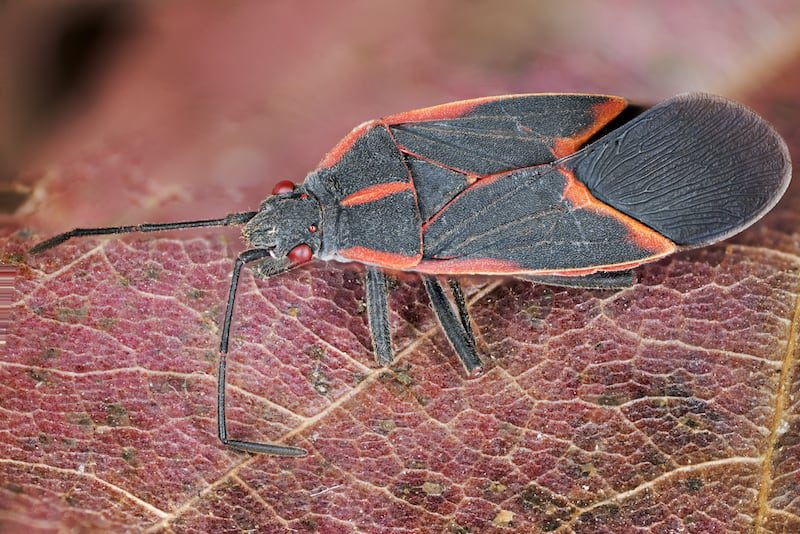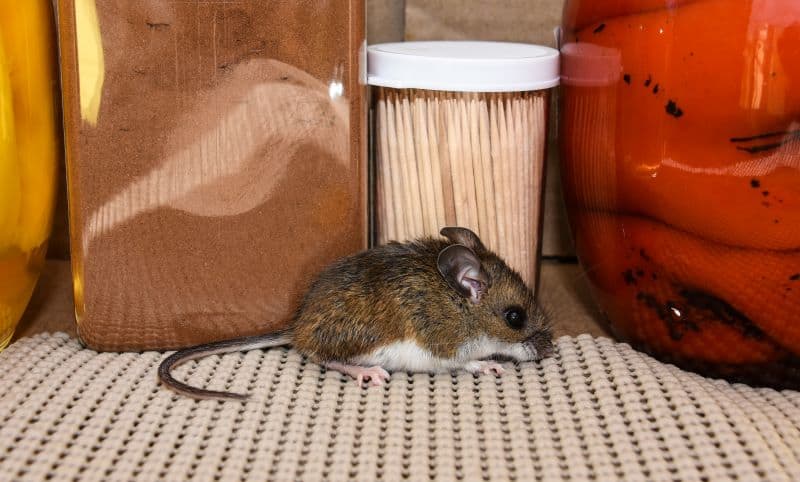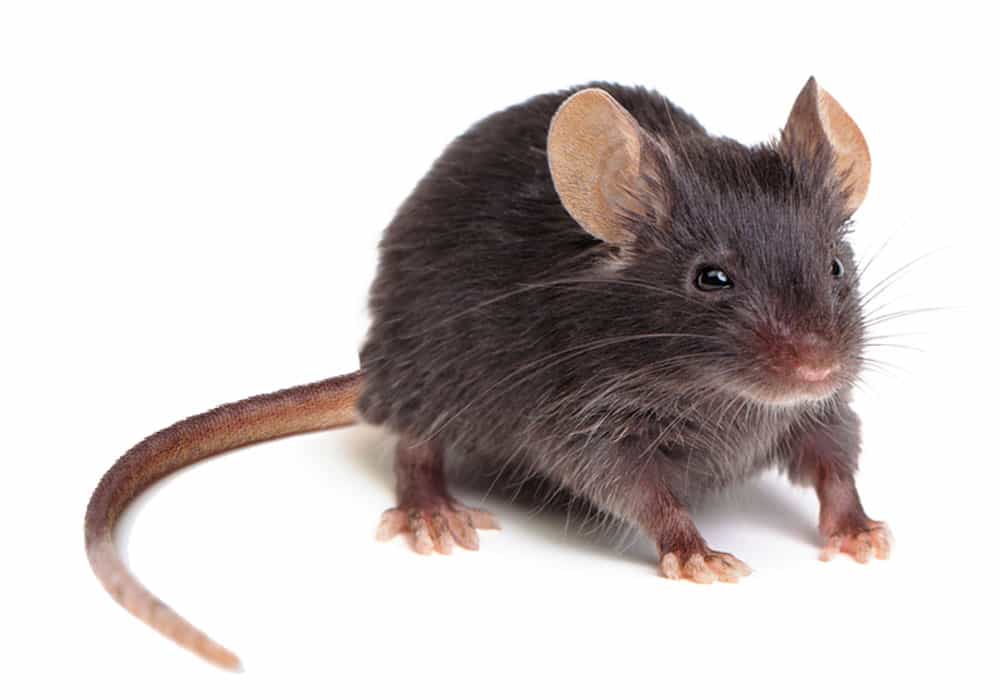Dogs and cats are naturally curious, particularly when it comes to insects that buzz, crawl, or fly. However, not all bugs are safe for them to interact with. Whether it’s a backyard barbecue or a walk through the park, pests are present everywhere—and some pose a greater risk to your pets than others.
In this article, we’ll explore the types of pests that can harm your pets, the warning signs to watch for, and the necessary steps to take if your pet eats or gets bitten by a harmful insect.

What Bugs Are Toxic to Dogs?
Most dogs will sniff, chase, or even eat bugs without a second thought, and many of those encounters don’t lead to any serious trouble. However, some bugs carry toxins or can trigger allergic reactions, here are a few types you’ll want to keep your dog away from:
- Asian Lady Beetles (Harmonia axyridis): These beetles resemble ladybugs but can be harmful to dogs. They release a yellowish fluid containing a chemical that may cause irritation or burns to your dog’s mouth, digestive tract, and skin.
- Fireflies (Lampyridae family): While charming to watch, fireflies can be toxic to dogs. They contain lucibufagins, a chemical compound that can cause severe reactions, such as vomiting, drooling, and potentially more serious health issues if ingested.
- Certain Caterpillars (Various species): Some species of caterpillars in the Pacific Northwest, such as the Lonomia obliqua (the Giant Silkworm Moth caterpillar), possess venomous spines or toxic hairs. Contact with these can cause severe reactions, including skin irritation and even poisoning.
- Spiders and Scorpions (Various species): Although technically arachnids, certain types of spiders and scorpions can still pose a threat to dogs. In the Pacific Northwest, spiders like the Latrodectus hesperus (Western Black Widow) and scorpions such as the Vaejovis spp. can deliver bites or stings that lead to severe symptoms, including pain, swelling, and more serious complications in extreme cases.
- Wasps, Bees, and Hornets (Various species): Stings from wasps, bees, and hornets can cause pain, swelling, and allergic reactions. In particular, Apis mellifera (European Honeybee) and Vespula spp. (Yellowjackets) stings can be dangerous, especially for dogs that are allergic to their venom, leading to anaphylactic shock in some cases.
If your dog starts vomiting, shaking, or acting unusually tired after interacting with a bug, don’t wait to get help. A vet visit can make all the difference.
What Bugs are Toxic To Cats?
Like dogs, there are a few bugs that might be harmful to your cat. Be sure you steer their attention away from fireflies, fire ants, venomous spiders such as brown recluses or black widows, and certain types of caterpillars. If in doubt about something your cat caught and ate, a phone call to your vet is probably the best way to ease your mind.
If at any time your cat starts to act lethargic, is drolling, not drinking or eating, or drinking excessively – or just acting off, and you suspect they ate a bug or some other critter – a phone call to the vet is always a great place to start.
Can Cats Eat Flies?
Most cats love chasing flies. It’s built into their hunting instincts. If your cat manages to catch and eat a common housefly, chances are it won’t do much harm. That said, flies aren’t totally risk-free.
Flies can carry bacteria and parasites from garbage, feces, or dead animals. If a fly has been crawling on contaminated surfaces and your cat eats it, there’s a small chance of your pet picking up something unwanted.
Also, if you use any kind of bug spray, flypaper, or pesticide in the house, that could stick to the fly’s body. If your cat swallows it, that chemical exposure could be more dangerous than the fly itself.
Are Stink Bugs Poisonous to Dogs?
No, stink bugs are not poisonous to dogs. They do not bite or sting, but their foul-smelling chemical defense can still cause problems. Dogs that try to eat them often end up vomiting or drooling from the bitter taste and scent. Some dogs experience stomach pain or develop temporary nausea after eating them.
The good news: stink bugs are not considered highly toxic. But repeated exposure, or large amounts eaten, can irritate your dog’s digestive system. If your dog has a habit of going after these bugs, you’ll want to keep an eye out for signs like gagging, refusing food, or frequent vomiting.
Can Cats Eat Stink Bugs?
Cats are agile hunters and sometimes get into things they shouldn’t. Stink bugs may look like easy prey, but once caught, they release that same foul-smelling secretion. Most cats who eat one will quickly regret it. You might see them pawing at their mouth or trying to spit it out.
The substance isn’t deadly, but it can cause an upset stomach. If your cat throws up, drools, or seems uncomfortable, it’s probably reacting to the bug’s chemical coating. Fresh water and a break from food for a few hours usually help, but if symptoms continue, a visit to your vet might be needed.
Are Boxelder Bugs Harmful to Dogs?
Boxelder bugs tend to gather around homes in large numbers during certain seasons. Their black and red coloring makes them stand out—and that can catch your dog’s attention.
These bugs aren’t aggressive, and they don’t bite or sting. But when eaten, they can cause mild to moderate issues. Much like the effects of eating stink bugs, dogs that snack on boxelder bugs sometimes experience:
- Drooling
- Vomiting
- Diarrhea
The compounds inside these bugs can irritate your dog’s mouth, throat, and stomach. Eating one or two isn’t likely to cause lasting damage, but it’s still a good idea to discourage your dog from treating them like snacks.

Bug Bites on Dogs: What to Look For
Not all bugs are eaten—some bite or sting. Bug bites on dogs can be annoying or serious, depending on the insect. You’ll want to look out for:
- Red, raised bumps
- Excessive scratching or licking
- Swelling or hives
- Hot spots
- Trouble breathing (in extreme allergic cases)
The most common causes of bug bites to dogs are mosquitoes, fleas, ticks, and mites, but bees, ants, spiders, and even flies can cause reactions.
Tick bites are especially dangerous because they can transmit Lyme disease and other infections. Check your dog regularly for ticks, especially after outdoor adventures.
Can Dogs Eat Ants?
Ants are small but can cause big problems if your dog swallows a bunch. Most black ants aren’t a big deal. But fire ants? That’s another story. Their bites are painful and can trigger allergic reactions. If your dog eats fire ants or steps into a nest, you may see swelling, redness, and signs of pain.
Even with harmless ants, eating large quantities could upset your dog’s stomach. Also, many ant-killer products are toxic. If ants have walked through bait or traps, that residue could end up in your dog’s mouth, too.
Can Cats Eat Spiders?
Cats and spiders cross paths more than you might expect. Cats often spot spiders crawling along walls or hiding under furniture and go in for the pounce.
Many spiders are harmless, and eating one doesn’t usually lead to serious problems. But some spiders—like the black widow or brown recluse—carry venom that can be dangerous. If your cat is bitten or eats one of those species, you might notice:
- Lethargy
- Muscle tremors
- Swelling
- Vomiting
It’s rare, but it’s worth knowing which spiders live in your area. If your cat seems sick after catching one, don’t wait it out—check in with your vet sooner rather than later.
Here’s How To Pets Safe from Harmful Bugs
It’s nearly impossible to keep your home completely free of bugs, but here are a few simple ways to limit exposure:
- Use pet-safe pest control indoors and outside
- Keep garbage and pet food sealed
- Check your dog and cat for ticks regularly
- Vacuum often to reduce indoor pests
- Keep screens in good shape to prevent bugs from flying in
If you use lawn treatments or bug sprays, make sure they’re labeled safe for pets. Some common chemicals can be more dangerous than the bugs themselves.
When to Call the Vet
If your dog or cat eats a bug and starts acting “off,” it’s better to play it safe. Look out for:
- Vomiting that doesn’t stop
- Diarrhea that lasts more than a day
- Swollen face or trouble breathing
- Shaking or weakness
- Loss of appetite for more than 24 hours
Vets can treat reactions and give you peace of mind. Quick action can help prevent minor issues from turning serious.
Bugs are part of the world your pets live in—but a little awareness goes a long way. If you’re looking for pet friendly pest control near you, call our team at Aspen Pest Control. Knowing which insects to avoid and what symptoms to watch for can help you keep your furry friends safe, healthy, and happy.








